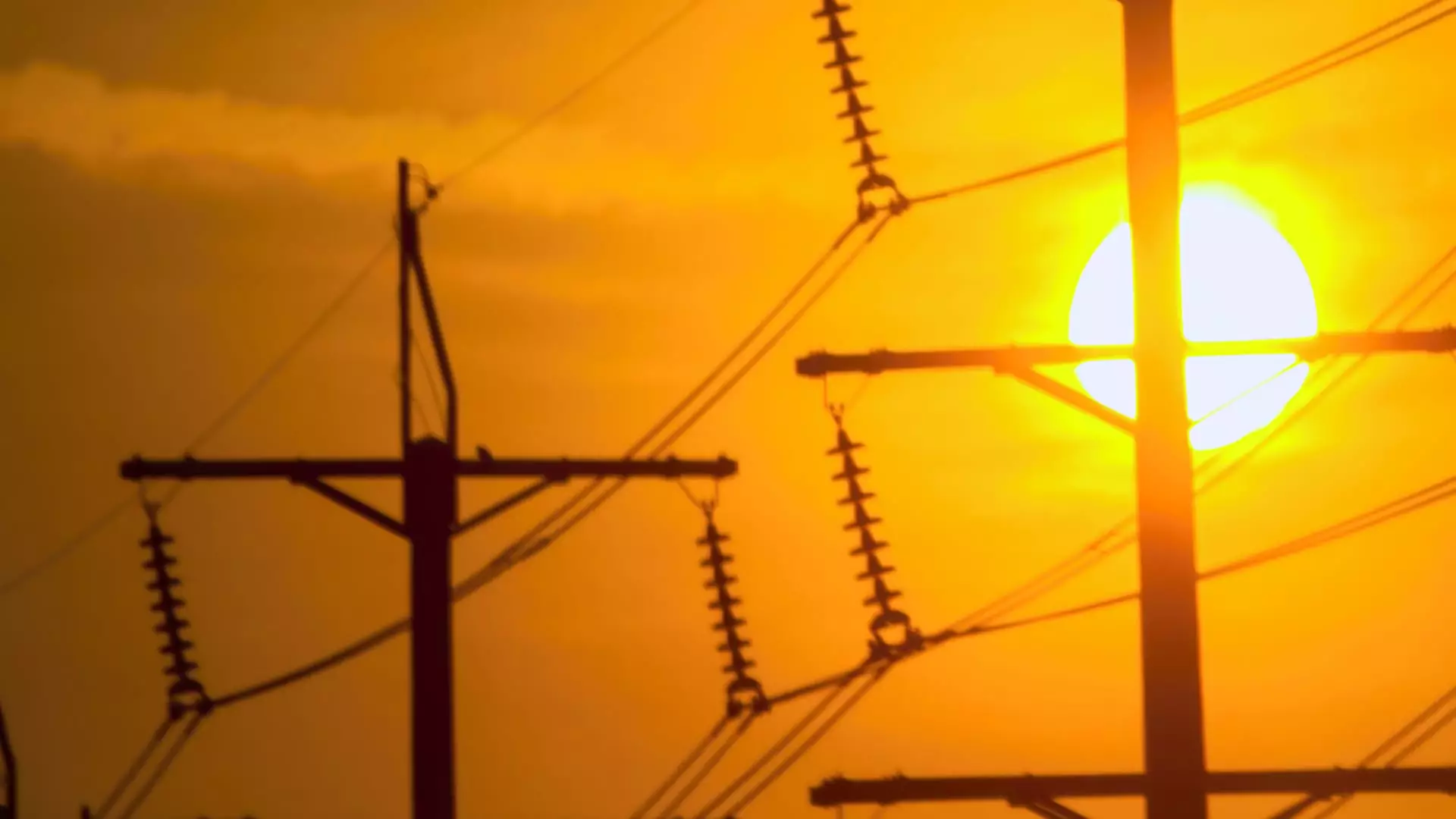As the summer heat intensifies, the housing market faces unique challenges that can hinder both buyers and sellers. A recent report highlights the significant impact that soaring temperatures can have on open house attendance, revealing a drop in pending home sales by 5.6% compared to last year—the steepest decline seen in eight months, according to Redfin’s data. Understanding the intricate dynamics at play can help summer sellers devise innovative strategies to maintain engagement and attract potential buyers.
As prospective buyers navigate the uncomfortable conditions brought on by extreme heat and humidity, many find themselves less inclined to venture out for property viewings. This reluctance is particularly pronounced in areas where air conditioning isn’t readily accessible or is inadequate. Kristin Sanchez, a Redfin Premier real estate agent from Nashville, aptly notes that during heat waves, individuals often opt for the comfort of their air-conditioned homes rather than face the oppressive outdoor conditions. Consequently, this behavior underscores the importance of adapting selling strategies to the season’s unique demands.
In addition to climate conditions, the potential anticipation of Federal Reserve rate cuts may also play a role in the hesitancy among buyers. Economic factors often influence real estate decisions, making the current environment a challenging one for sellers who are attempting to entice interested parties into making a purchase.
To effectively market a home during the sweltering months, flexibility becomes paramount. Real estate professionals like Sanchez are experimenting with open house timings to counteract the heat. By hosting events during the cooler morning hours, they are able to attract visitors when the mercury is lower, thereby increasing engagement.
Design and comfort also play pivotal roles in creating an inviting atmosphere. Terry Mainord, founder of a staging company in New York, suggests practical additions such as handheld fans and chilled refreshments to provide relief from the heat for potential buyers. Moreover, while staging homes for sale, homeowners sometimes remove AC units for aesthetic reasons, which can inadvertently detract from the overall comfort. Sellers should consider the comfort of their visitors as an essential element of the selling process, far beyond mere visual appeal.
In light of the challenges posed by the heat, technology has emerged as a powerful ally in the real estate market. Virtual tours and online walk-throughs have become commonplace since the pandemic, offering a viable alternative for those unwilling to endure oppressive weather conditions. These digital solutions not only demonstrate a property’s features but also provide prospective buyers with the ability to assess homes at their convenience. Mainord emphasizes that virtual showings are now integral tools for brokers, enhancing their ability to showcase listings without compromising buyer comfort.
This shift to technology-driven viewings doesn’t just shield buyers from the discomfort of hot weather; it also expands the reach of a property, allowing interested individuals from distant locations to explore homes that they may not have otherwise considered due to geographical constraints.
One of the cornerstones of selling a home during a heatwave is ensuring that the heating, ventilation, and air conditioning (HVAC) systems are fully operational. When buyers visit homes, the functionality of HVAC systems can be prominently felt—poor airflow or inadequate cooling can leave a lasting negative impression. Sanchez insists on the importance of proactive maintenance, encouraging sellers to have their systems serviced ahead of time. This preventive approach not only enhances comfort but also mitigates potential red flags during home inspections.
Repairing or replacing HVAC units can be a significant financial undertaking, with costs fluctuating between $100 to $3,000, depending on the extent of repairs needed. For homeowners considering upgrades, analyzing long-term benefits such as increased market value or potential tax incentives is crucial.
Moreover, as homeowners grapple with the costs associated with HVAC improvements, they should familiarize themselves with potential financial benefits. The Energy Efficient Home Improvement Credit may offer tax deductions for specific upgrades, enabling sellers to recoup some of their investment. Certified financial planners advocate for comprehensive documentation of all home improvement expenses. Keeping meticulous records can bolster the home’s market basis, ultimately impacting the owner’s capital gains during the sale.
The hurdles presented by intense summer heat and economic factors can significantly impact the housing market’s dynamism. However, with flexibility in scheduling, leveraging technology, ensuring the comfort and functionality of essential home systems, and understanding financial incentives, sellers can enhance their prospects in an increasingly challenging market. By adapting to seasonal challenges and strategically addressing buyer concerns, homeowners can navigate the summer housing landscape with resilience and creativity.

